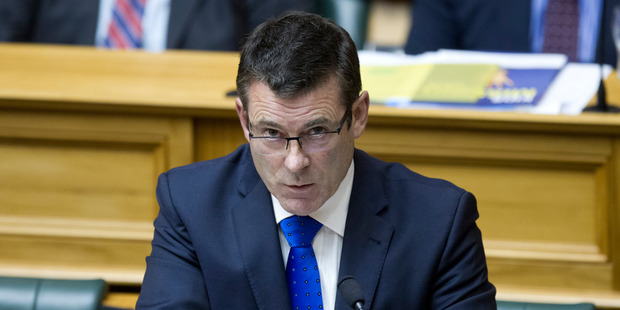
It is taking an age for the OECD to come up with a set of rules to stop multi-national companies shifting their profits and debts to countries that offer them the greatest tax advantage.
So it is encouraging to read today that the NZ Government intends to take unilateral action if necessary. Inland Revenue Minister Michael Woodhouse has told our investigative business reporter, Matt Nippert, the Government is ready to move on measures proposed to the Cabinet last month.
A paper on those proposals is expected to be published in February and circulated for consultation before final decisions are taken next year. If this does not sound like breakneck speed, it is the way change normally happens in tax law, if it happens at all.
Experts with different views of the merits of a crackdown agree that the Government’s willingness to go alone if necessary is a considerable shift from the position it adopted earlier this year in response to Nippert’s disclosure’s of multi-national tax avoidance.
Multi-lateral action is obviously preferable against international tax avoidance, and there is still hope the OECD discussion involving 96 countries will result in a tax treaty against profit shifting. But the Government should not wait too much longer.
The Cabinet paper stops short of advocating a tax on diverted profits. It proposes additional information-gathering powers for the IRD, shifting the onus of proof to multi-national companies in disputes over transfer pricing, and tightening loopholes that have allowed multi-nationals to claim they have no taxable entity in this country.
If those don’t stop enough avoidance, Woodhouse would not rule out a diverted profits tax as already adopted by Australia and the United Kingdom. Since those jurisdictions are going this far, it is hard to see why the Government is waiting.
A head of steam is building internationally against internet gatekeepers who use their position to make vast profits without paying tax in the countries where they are earned. The more countries that take the steps Britain and Australia have taken, the more likely an international treaty becomes.
In the meantime, the Government is wary of reprisals.
“If we overreach in our attempts to claw back from multi-national companies,” Woodhouse says in our report today, “Fonterra may be subject to the same thing.”
If Fonterra is shifting profits away from countries where it has earned them and doing so for a tax advantage, it should be subject to the same rules we see fit to impose on foreign companies trading here.
Tax advisers in this country insist international avoidance is not the scourge it may seem. Our investigation in March measured the tax paid by the 20 most aggressive avoiders among foreign firms here. EY executive director David Snell noted last month the top 500 corporates were paying a more respectable amount to tax. “Yet the perception, even among business leaders, is that tax avoidance is widespread”.
Nevertheless, he was resigned to the inevitability of a crackdown.
Let us hope he is right. The Government must ensure every firm trading here pays its fair share for the stability and services they all enjoy.
- NZ Herald


